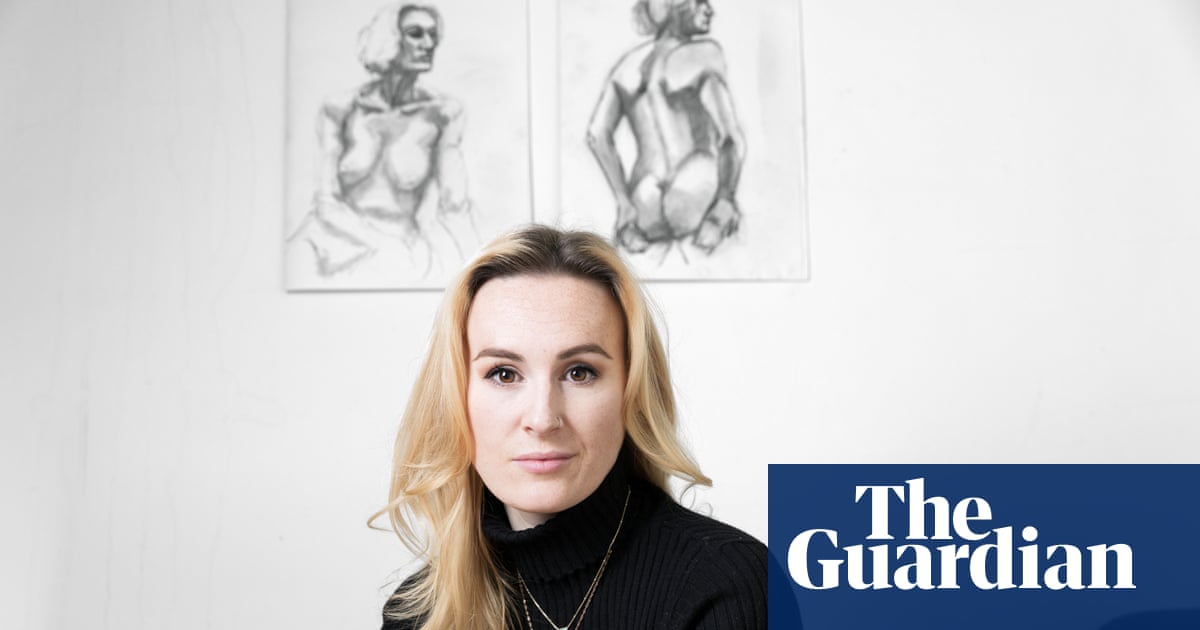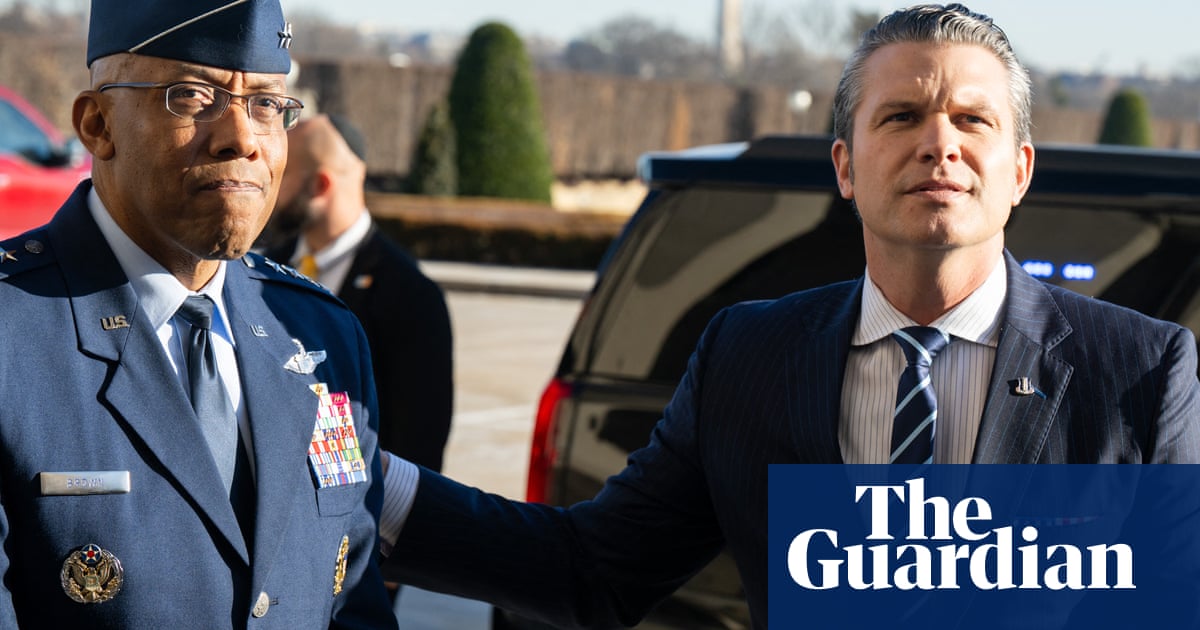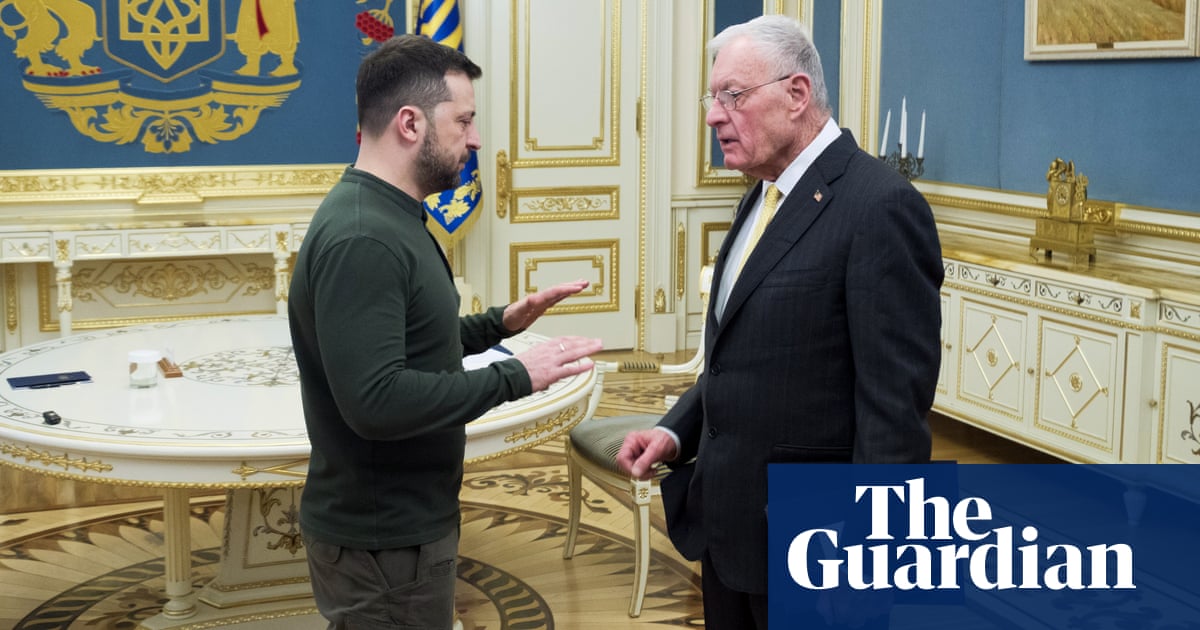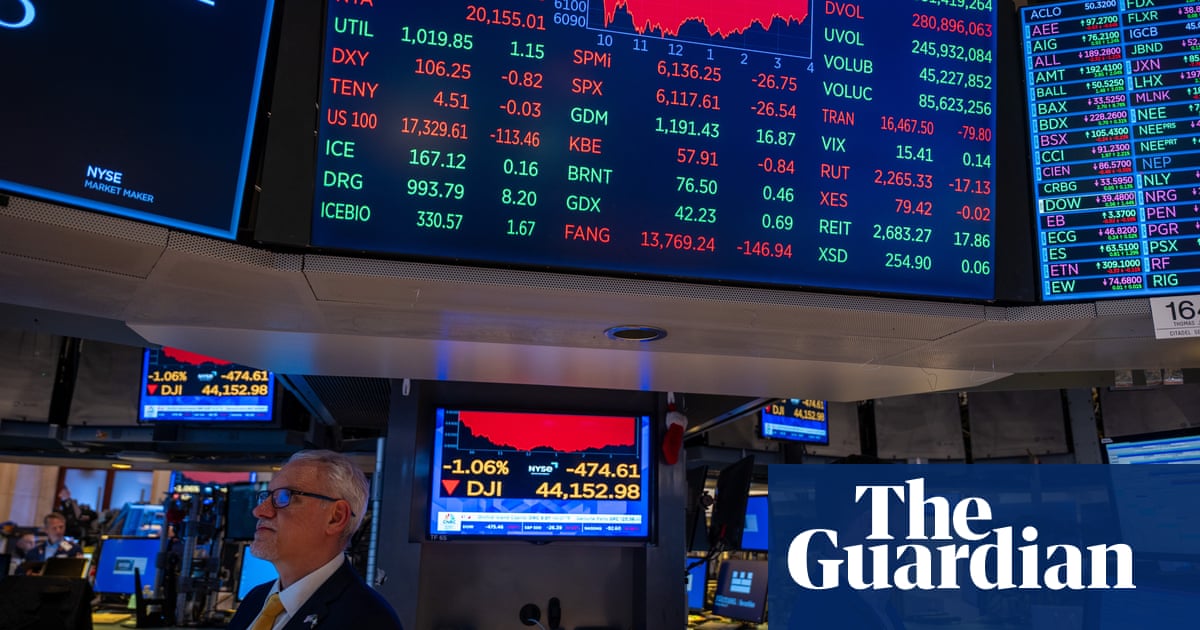The names read like a who’s who of A-list talent about to walk a red carpet or attend Vanity Fair’s famous post-Oscar party. Oprah Winfrey, Megan Thee Stallion, George Clooney, Leonardo DiCaprio, Bruce Springsteen and many, many more.
These are just some of the bold-face name celebrities who backed Kamala Harris’s failed run for the White House, making it one of the most star-studded political campaigns in US history. Even the world’s biggest current star – singer Taylor Swift – got behind Harris.
Yet as pundits have picked over the bones of Harris’s election flop, many have alighted on the celebrities for special criticism. The mega-wattage glare of stardom shining on the electorate may have reinforced an idea of a Harris campaign out of touch with ordinary American concerns, especially in an economy smarting from the woes of inflation. Or, more bluntly: perhaps the era of the celebrity endorsement is over.
Certainly the Harris campaign deployed its celebrity power with gusto. With mere hours to go before polling day, Lady Gaga, Winfrey, Ricky Martin and The Roots joined forces for a Harris rally and “Vote for Freedom” concert on the steps of the Philadelphia Museum of Art.
Stevie Nicks said Harris “is our great hope to save the world” and that she might play Harris’s inauguration. Beyoncé (whose Freedom was Harris’s unofficial campaign song), Jennifer Lopez, George Clooney, Lizzo, Katy Perry, Jon Bon Jovi and Cardi B all appeared for the Democrat.
But now Democrats are questioning if their reliance on A-list celebrity endorsements is symptomatic of their loss of working-class voters. Especially as financial details have emerged of the sheer amount Harris’s campaign spent on celebrity events.
Election accounting records show $1m of Harris campaign cash was used to pay Winfrey’s production company, though the star herself was not paid. The campaign also paid for a reproduction stage set for Harris’s sit-down with the Call Her Daddy podcaster Alex Cooper.
By contrast, Donald Trump’s Republican campaign was perhaps best known for fighting with celebrities.
Musicians have long complained that the president-elect used their songs at rallies. Neil Young sued to stop the Trump campaign using Rockin’ in the Free World – the song he would used to announce his presidential campaign four years ago. Trump said he “didn’t love it anyway”.
On election eve Trump told a crowd in Pittsburgh: “We don’t need a star because we have policy.” He went on to slam Beyoncé for not singing at a Harris rally in Houston days earlier. “There was no happiness. It’s just like, ‘Give me my check. I want to get out of here.’”
But the claims have revived the issue of show business figures dipping their toes into politics and the potential for blowback that follows, and whether it is even effective in encouraging young voters to vote. But 18-29 turnout was down in 2024, with even young women, while overall favoring Harris, moving toward Trump by seven points – to 40% – over 2020.
“The celebrities didn’t make a difference because no one could – it was a flawed campaign from the beginning because it was run by the political-industrial complex where there is no sanction for loss,” said the Democrat consultant Hank Sheinkopf.
“Democrat numbers were down overall, so they failed to make the base feel invested, and celebrities don’t make people feel anything – all they do is add a shimmer to the event without giving people what they want – policy and direction,” Sheinkopf added.
Harris’s problems with authenticity were exacerbated by the positioning of celebrities, said Andy Gershon, professor of music practice at Syracuse University.
“The celebrities were appearing at rallies full of people that were already going to vote for her,” he says. “Springsteen would have been better off canvassing factory floors or assembly lines in Michigan – the places he sings about in his songs – and Beyoncé would be better off in the nail or hair salons of Houston.”
after newsletter promotion
“That’s not only more viral but more authentic in getting the message out because nobody wants to hear Springsteen or Beyoncé talk about economics,” he adds. “It doesn’t resonate.”
The same may have applied to Harris’s choice to appear on a Vogue cover as voting began. A nice photo for the mantlepiece, certainly, but sending the wrong message to anti-elites voters concerned with paying grocery bills and rent, which polls solidly pointed to as the major issues.
“While fashion may be a universal language, it does not always translate well when it comes to politics, especially for a candidate claiming to understand the economic pain facing many Americans,” wrote Vanessa Friedman, New York Times style section critic.
But the effort to secure what were believed to be slim margins either way, using whatever means to hand, can’t really be faulted. What’s less clear is whether tapping into a celebrities’ fanbase could ever have helped enough to make a difference in a US electorate – like many in others parts of the world – angry at the status quo.
Democrats in their current form don’t have an anti-authoritarian appeal and attracted celebrities to match, leaving Republicans to align with rightwing upstart podcasters and wrestling stars whose job was to soften and reflect light back on to the only central star that matters to Republicans – Trump himself.
Neither Harris nor her A-list celebrity associations were any match for a reality TV star whose campaign repeatedly played up the drama of two near-miss assassination attempts and whose rallies feted the candidate himself as clearly the main celebrity draw.
“Celebrity endorsements can get people to buy shoes and fragrances, and certainly influence hairstyles, but when it comes to getting people to change their mind about politics, and especially the president of the United States in an election where people have for eight or nine years taken sides, the celebrity effect just doesn’t apply,” said Robert Thompson, director of the Bleier Center for television and popular culture.
“In fact, a celebrity endorsing a candidate is much more likely to get people to change their minds about a celebrity than it is to change their mind about a candidate.”

 3 months ago
55
3 months ago
55













































